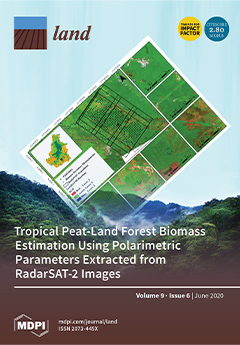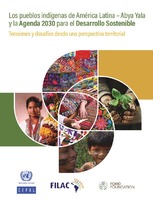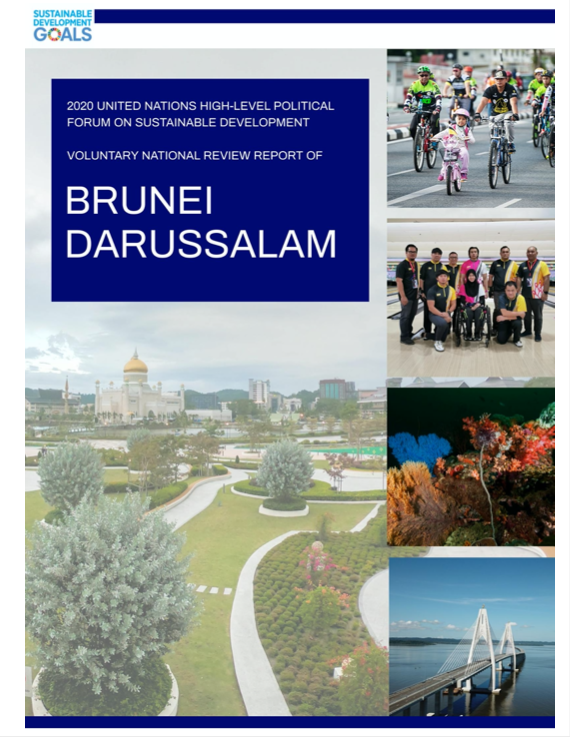Developing a Landscape Design Approach for the Sustainable Land Management of Hill Country Farms in New Zealand
Landscape modification associated with agricultural intensification has brought considerable challenges for the sustainable development of New Zealand hill country farms. Addressing these challenges requires an appropriate approach to support farmers and design a better landscape that can have beneficial environmental outcomes whilst ensuring continued profitability. In this paper we suggest using geodesign and theories drawn from landscape ecology to plan and design multifunctional landscapes that offer improved sustainability for hill country farm systems and landscapes in New Zealand.




